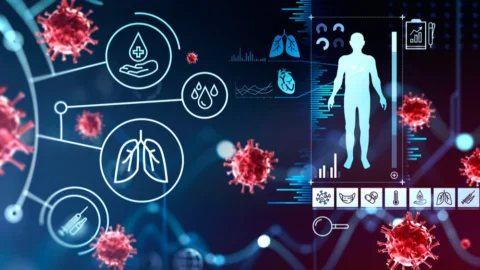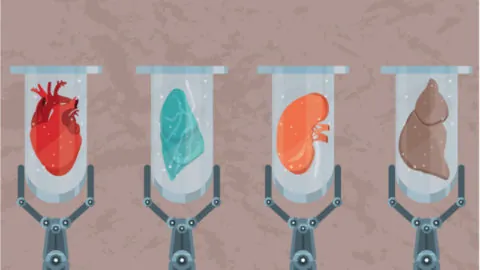February 10, 2025
In Cell Reports Medicine, researchers have described how they created a fully functional pancreas made from human cells and found it to work in mice. A new era of organ replacement In their introduction, the researchers discuss the well-known problems with insulin injections to treat Type 1 diabetes: the sort of constant monitoring that is...
March 11, 2024
Instead of using cellular reprogramming to directly treat age-related diseases, a perspective published in Nature Communications focuses on the opposite: using reprogrammed cells to form aged tissues and organoids on which to conduct experiments. Why not just use donors? Obviously, there is no shortage of age-related tissues in the world, and tissue donors can and...
May 15, 2023
In an open-access paper published in Cell Stem Cell this month, researchers have explained how organoids derived from human pluripotent stem cells (hPSCs) are being used to analyze diseases and develop treatments. Different sources for different conditions This review includes both human embryonic stem cells (hESCs), which are derived from the human organism at its...
February 16, 2023
Researchers publishing in Cell Stem Cell have used organoids derived from human cells to regrow the brain tissue of rats. The need to repair permanent damage While human beings do generate new neurons (neurogenesis) [1], this ability is very limited, in both region and amount. Brain injuries [2] and strokes [3] are well-known sources of...
November 11, 2020
Using a novel 3D lung organoid model, new research published in Cell Stem Cell has shed light on the body's infection response to COVID-19. Generating lung tissue in vitro Lung tissue regeneration is an elusive scientific goal that would have a major implications for treating patients in need of lung transplantation. Relative to other organs,...
September 09, 2020
This is part one of a new weekly series focusing on recent advancements in the field of regenerative medicine. The field of tissue engineering and regenerative medicine Tissue engineering and regenerative medicine (TERM) is a large and rapidly growing field that has implications for the field of longevity. Broadly, the field of TERM is working...








